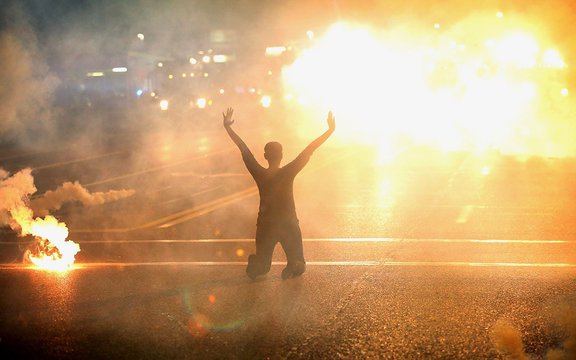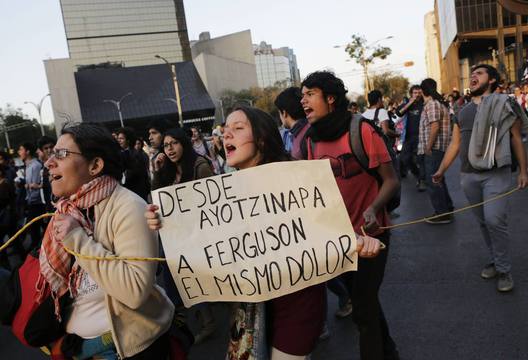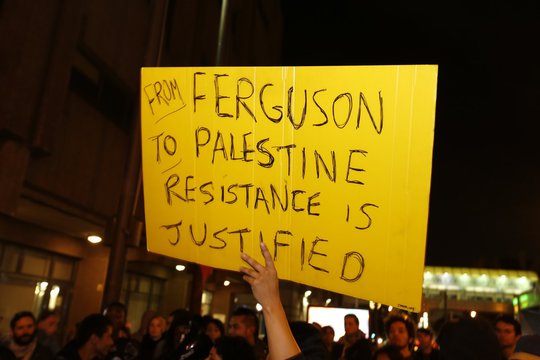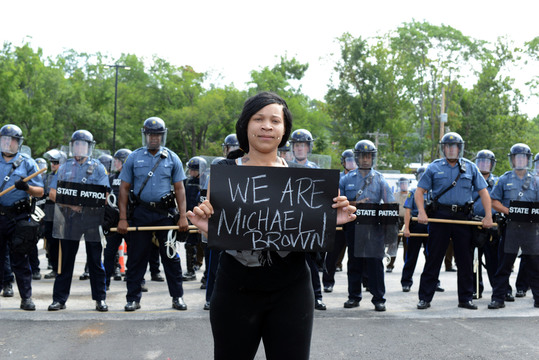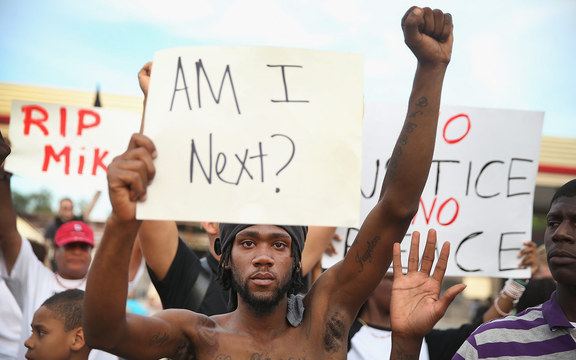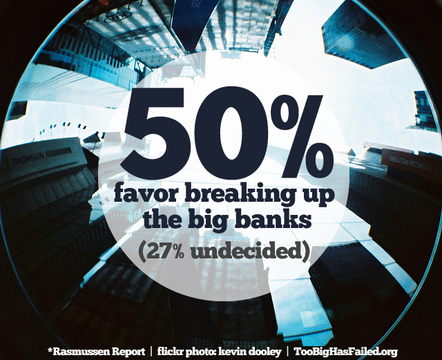Search results for 'act up'
Hands Up United
Hands Up United
Hands Up United
Hands Up United
Too Big Has Failed
The Becoming Environmental of Power: Tactical Media After Control - Part I
There is a last enterprise that might be undertaken. It would be to seek
experience at its source, or rather, above that decisive turn where,
taking a bias in the direction of our utility, it becomes properly human
experience. (Bergson, 1991: 184).
Fragmented Urban Topographies and Their Underlying Interconnections
Topographic representations of the built environment of cities tend to emphasize the distinctiveness of the various socio-economic sectors: the differences between poor and rich neighborhoods, between commercial and manufacturing districts, and so on. While valid, this type of representation of a city is partial because there are a variety of underlying connections. Further, it may even be more problematic than in the past, given some of the socio-economic, technical, and cultural dynamics of the current era. One step towards understanding what constitutes the complexity of large cities is the analysis of interconnections among urban forms and fragments that present themselves as unconnected.
ReadThe Next 5 Minutes
tactical media event
Amsterdam & Rotterdam, The Netherlands, 12-14 March, 1999
www.n5m.org
(Source: Updated announcement Feb 11, 1999)
Tahrir Cinema
An open-source, revolutionary screen on Tahrir Square
Readyeslab "Want to do a Yeslab?"
Activist guide to setting up and doing a Yeslab, by The Yesmen.
Tandem Surfing the Third Wave: Part 3
This interview was conducted between subRosa and Ryan Griffis via email correspondence during the first half of 2003.
Contain This! Leaks, Whistle-Blowers and the Networked News Ecology
WikiLeaks is one of the defining stories of the internet, which means
by now, one of the defining stories of the present, period. At least
four large-scale trends which permeate our societies as a whole are
fused here into an explosive mixture whose fall-out is far from clear.
Ontologies of the Wayward Drone - Part II
A Salvage Operation:
Ontologies of the Drone
Amplifying Expertise
Can Internet technology still revolutionize activism?
One of the biggest promises of the Internet was the transformation of political activism. No longer would change come about solely through the actions of large organizations, claimed the Web's early enthusiasts. Now, they claimed, individuals could rouse the concern of their fellow citizens for a particular cause through Web sites, e-mail, and online petitions. Those who normally shunned demonstrations and limited their participation in the public sphere could be contacted personally in their e-mail box, and all that would be necessary for them to do to show their support would be to click a button or fill in a field. Soon, pundits predicted, there would be a revolution in grassroots participation in the political process.
ReadCAE: Framing Tactical Media
Anyone involved with "tactical media" (TM) before its famed christening in 1996 at the Next Five Minutes had to know that naming this cultural/political tendency was going to have some very negative repercussions. The naming was the first step in doing what TM feared the most°Xclaiming cultural territory doomed to house haunting archives. Once given an official title, so many nasty processes could begin - most significantly, the construction of historical narratives. So many narratives already exist explaining this ephemeral, immediate, specific, and deterritorialized process of cultural production that seemed so urgent to so many radical subjects in the early 90s.
Brian Holmes
Brian Holmes, is an art critic, theorist and activist, particularly involved with the mapping of contemporary capitalism.
ReadTactical Media and the End of the End of History
As a playful, do-it-yourself approach to media activism and new technologies, tactical media (TM) seemed to have some critical bite when it emerged in the mid-1990s. But is it still radical today?
ReadParasitic Media
By Nathan M Martin for The Carbon Defense League, September 2002
A parasite is defined as ?an organism that grows, feeds, and is sheltered on or in a different organism while contributing nothing to the survival of its host.? The tactics of appropriation have been co-opted. Illegal action has become advertisement. Protest has become cliché. Revolt has become passé. These disputes have reached the definition of rhetoric. They are the usual suspects. Having accepted these failures to some degree, we can now attempt to define a parasitic tactical response. We need a practice that allows invisible subversion. We need to feed and grow inside existing communication systems while contributing nothing to their survival; we need to become parasites. We need to create an anthem for the bottom feeders and leeches. We need to echo our voice through all the wires we can tap but cloak our identity in the world of non-evidence, and the hidden.

